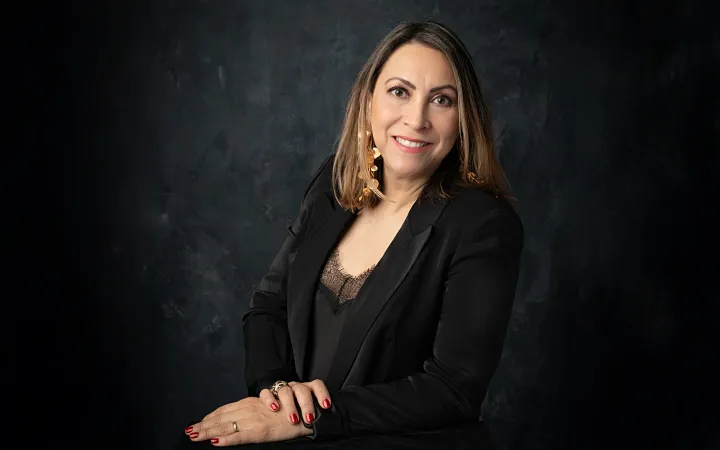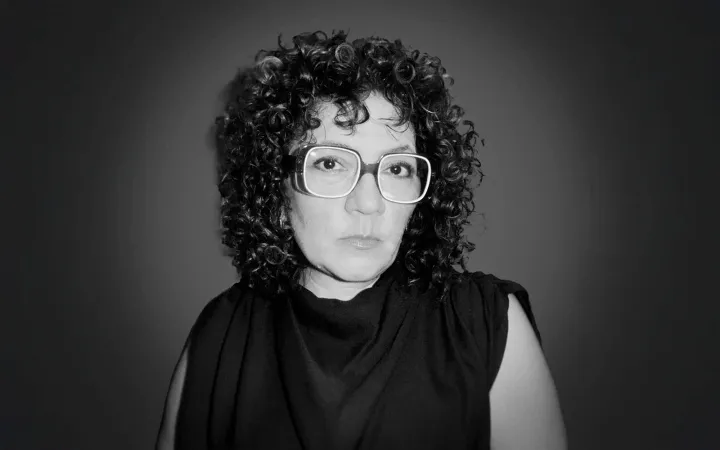
Por Marilú Acosta
Estando en una llamada telefónica con el amigo de un paciente me confiesa: Soy hombre, pero lloro en casa. Al escucharlo, se abre ante mí el abismo del tiempo y me adentro a las profundidades de las emociones masculinas; las cuales se encuentran definidas por una absurda limitación del género. Entonces me lo imagino sentado en el sofá, con las manos en la cabeza, la espalda curveada, mirando al piso. Mira al piso por el dolor y la impotencia de saber a su amigo grave. Mira al piso también por sentirse avergonzado de tener lágrimas en los ojos, por sentir dolor en su corazón. Se cubre la cara de vergüenza por mostrar su vulnerabilidad ante la enfermedad, la muerte y el miedo de perder a su amigo. Cada lágrima que se estrella en el piso pone al descubierto la fragilidad humana que lo convierte en fracaso, según las normas masculinas. Regreso a la conversación porque continúa incrédulo: De verdad no puedo entender que esté así, alguien tan inteligente, con tanta sabiduría, siempre activo y dispuesto a compartir su conocimiento, ahora verlo sin poder controlar su cuerpo, flaco, disminuido. ¿Cómo más lo ayudo? ¿Qué más podemos hacer?




